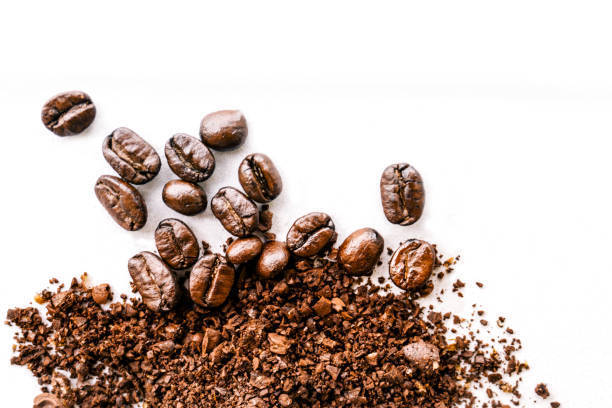
At Tulsi Wellness Club, we prioritize not only the effectiveness of our treatments but also the aftercare that ensures optimal results. Platelet-Rich Plasma (PRP) therapy is one of our most advanced and popular treatments, known for its natural healing and rejuvenation properties. However, to maximize the benefits of PRP, certain lifestyle adjustments are necessary. One commonly recommended precaution is avoiding caffeine immediately after the procedure. But why is this important? Let’s explore the connection between PRP therapy and caffeine, and why skipping that cup of coffee could make a significant difference in your results.
Understanding PRP Therapy
Platelet-Rich Plasma (PRP) therapy involves using your own blood to promote healing and rejuvenation. The process begins with drawing a small amount of blood, which is then processed to concentrate the platelets. These platelets are rich in growth factors, which are essential for tissue repair, collagen production, and cell regeneration. The concentrated PRP is then injected into the targeted area, such as the face, scalp, or joints, to stimulate natural healing processes.
The Role of Caffeine in the Body
Caffeine is a stimulant that affects various systems in the body. It’s well-known for its ability to increase alertness and boost energy levels by stimulating the central nervous system. However, caffeine also has effects on blood circulation, hydration, and inflammation—factors that are crucial to the healing process initiated by PRP therapy.
Why No Caffeine After PRP Treatments?
-
Blood Circulation: PRP therapy relies on enhanced blood flow to deliver the growth factors to the treatment area. Caffeine can constrict blood vessels, which may reduce blood circulation. This vasoconstriction could potentially interfere with the delivery of nutrients and oxygen to the tissues, slowing down the healing process.
-
Hydration Levels: Caffeine is a diuretic, meaning it can increase the body’s production of urine and lead to dehydration. Proper hydration is essential for maintaining healthy skin and supporting the body’s natural healing processes. Dehydration can hinder the effectiveness of PRP by affecting the quality of the skin and the overall regenerative process.
-
Inflammation and Healing: After PRP therapy, a controlled inflammatory response is necessary for healing and tissue regeneration. Caffeine has anti-inflammatory properties that may reduce this response, potentially diminishing the efficacy of PRP. While inflammation is often viewed negatively, in the context of PRP, it’s a vital part of the body’s natural healing mechanism.
-
Stress on the Body: Caffeine can also increase cortisol levels, the hormone associated with stress. Elevated cortisol levels can impair the healing process and negatively impact the results of PRP treatment. Managing stress and keeping cortisol levels balanced is essential for achieving the best outcomes from your PRP therapy.
How Long Should You Avoid Caffeine?
At Tulsi Wellness Club, we recommend avoiding caffeine for at least 24 to 48 hours after your PRP treatment. This time frame allows your body to focus on healing without the interference of caffeine’s effects. Of course, this duration may vary depending on individual factors, and our practitioners will provide you with personalized aftercare instructions to ensure the best possible results.
Enhancing Your PRP Results
In addition to avoiding caffeine, there are other steps you can take to enhance your PRP results:
- Stay Hydrated: Drink plenty of water before and after your treatment to support hydration and circulation.
- Follow a Healthy Diet: A nutrient-rich diet can support your body’s healing processes and improve the quality of your skin.
- Avoid Alcohol and Smoking: Both can negatively impact circulation and hydration, hindering the effectiveness of PRP.
- Rest and Relax: Giving your body time to heal is crucial. Avoid strenuous activities and prioritize rest after your treatment.
Conclusion
At Tulsi Wellness Club, our goal is to help you achieve radiant, youthful skin and overall well-being through safe and effective treatments like PRP therapy. Understanding the importance of post-treatment care, such as avoiding caffeine, is key to maximizing the benefits of your PRP treatment. By making these small adjustments, you can ensure that your body heals efficiently, allowing you to enjoy the full rejuvenating effects of PRP.
If you have any questions about PRP therapy or would like to schedule a consultation, please contact us at Tulsi Wellness Club. We’re here to support you on your journey to natural beauty and wellness.
Dr. Natasha MacLeay
Contact Me



